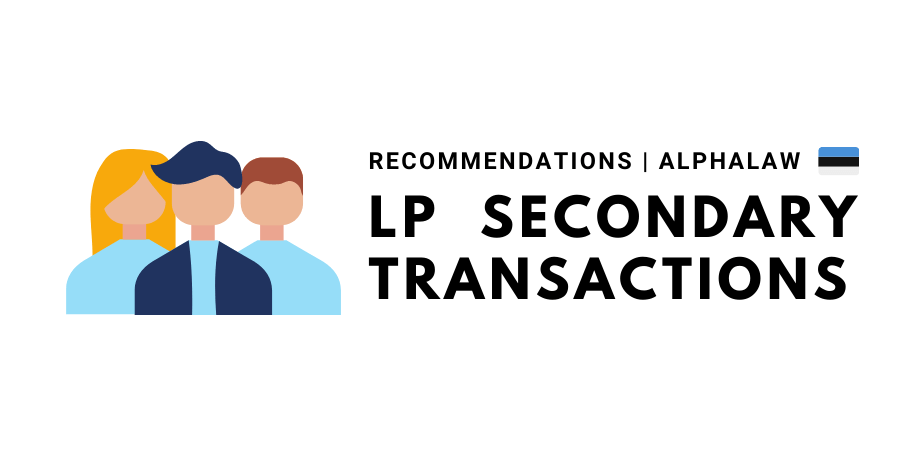LP Secondary Transactions
In this article we will take a look at the procedures that should be followed in a secondary sale of an LP interest.

The expression “secondaries” may be used in different contexts in the industry. The first context discussed in this article is a transfer of an interest in a fund by an LP to another LP, which may be either an existing LP or an LP new to the fund. The second context relates to the sale of several investments in a fund’s portfolio in a single transaction to a new entity backed by different LPs – a ‘secondary direct’ transaction.
Explanation
In most cases, fund interests are illiquid investments (unless, as is sometimes the case, the fund is established as a publicly traded company). It is likely that some LPs at some point during the life of the fund may wish to or need to seek to sell their participation in the fund. This can arise for a variety of reasons and need not have anything to do with the performance of the fund. The selling LP or transferor will normally approach the GP, whose consent is usually required to complete the transfer. The GP (and remaining LPs) will be concerned in particular to ensure confidentiality provisions are observed in any such transfer to protect the interests of the fund and its portfolio companies. Accordingly the GP would normally agree with the transferor a list of potential transferees who may be approached (which would typically include existing LPs) and ensure appropriate confidentiality undertakings are obtained from those being approached.

Where the fund is not traded, typically a privately negotiated secondary sale contract will be formed between transferor and transferee. Rights and obligations under the fund documents must be properly transferred to the buyer, so that the fund may continue to function with the replacement investor in place; hence the need to obtain the GP’s consent to any transfer.
The GP will also need to ensure the transfer is handled properly in accordance with both the procedures and requirements set out in the fund documentation and general law, including rights of first refusal, if any, and anti-money laundering requirements. The LP buying the participation will need to satisfy all of the requirements relating to a participation in the fund.
In funds with a high number of LPs, the GP may also need to be mindful of the obligations under general law. For example, the GP may need to limit the number of secondary transactions which may take place in any one year in order to retain the fund’s status as exempt from public offering requirements.
Recommendation
It is standard for any LP transfer to be subject to the GP’s consent. In order to ensure that such consent is forthcoming, when an LP is seriously considering selling its participation, it should contact the GP at the earliest opportunity and the GP should confirm the confidentiality and other procedures to be complied with and documentation to be completed before any transfer can be finalised.

The GP and LP (or its advisers) should discuss what information about the fund and its investments can be shared with whom and at what point in the process of executing the secondary sale. Disclosure should, in accordance with industry practice and protocol, ideally be timed to take account of the fund’s financial, investment and general reporting cycle. This helps to minimise disruption to the fund’s operations, and also expenses incurred in connection with the transfer, as well as to ensure fairness to all stakeholders.
On the transfer of any asset, professional advice should be sought to make sure no existing rights are contravened and that all obligations are properly transferred.
Normally, costs related to an LP transfer should be borne by the transferor, transferee or both, rather than the fund.






